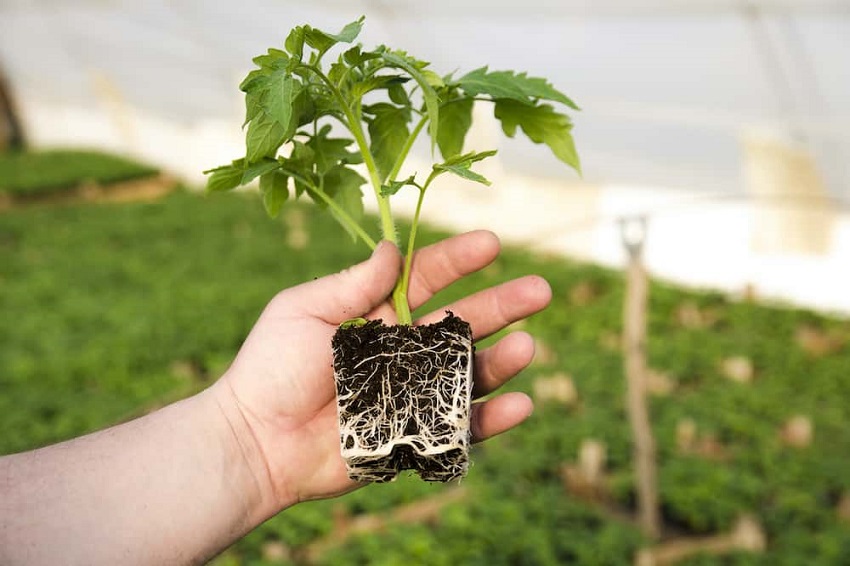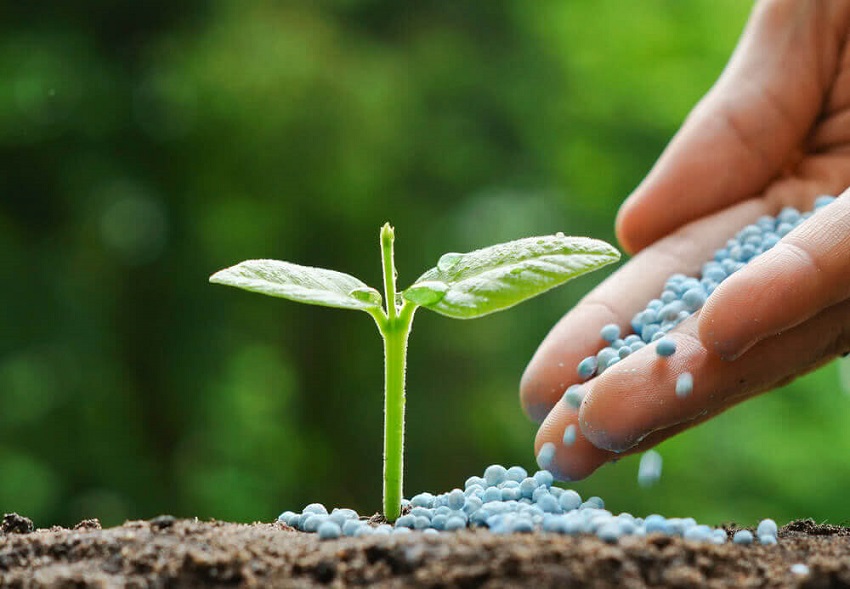
What Makes Plants Grow Faster?
Plants are fascinating organisms that play a vital role in our ecosystem. Whether you’re an avid gardener or simply have a few potted plants at home, you may find yourself wondering what factors contribute to the growth and development of plants. In this article, we will explore the various elements that can help plants grow faster and thrive. So, let’s dig in!
Understanding Plant Growth
Before we delve into the specifics, let’s take a moment to understand how plants grow. Like any living organism, plants require certain conditions and resources to flourish. These include sunlight, water, nutrients, and a suitable environment. By optimizing these factors, we can enhance the growth rate of plants and promote their overall well-being.
The Power of Sunlight
Sunlight is an essential component for plant growth as it drives the process of photosynthesis. During photosynthesis, plants convert light energy into chemical energy, which fuels their growth and development. When plants receive an adequate amount of sunlight, they can produce more food for themselves, leading to healthier and faster growth.
To maximize sunlight exposure, it’s important to position plants in areas where they can receive direct or indirect sunlight. However, it’s worth noting that different plant species have varying light requirements, so it’s crucial to understand the specific needs of the plants you’re working with. If you’re facing the issue of gnats in plants coffee grounds, you can try using coffee grounds as a natural solution to get rid of them. Simply sprinkle them on top of the soil to deter the pesky insects.
Water: The Elixir of Life
Water is another critical factor that affects plant growth. Just like humans, plants need water to survive and carry out their physiological processes. Water acts as a transport medium for nutrients, enabling them to move from the roots to the rest of the plant. Additionally, water helps regulate temperature and maintain cell turgidity, essential for proper growth and structural support.
To ensure optimal water supply, it’s crucial to strike a balance. Overwatering can lead to root rot and other issues, while underwatering can cause dehydration and hinder growth. The key is to water plants appropriately, considering factors such as the plant species, soil type, and environmental conditions.
Nutrients: Fuel for Growth
Plants require a range of nutrients to support their growth and development. These nutrients include macronutrients such as nitrogen (N), phosphorus (P), and potassium (K), as well as micronutrients like iron (Fe), manganese (Mn), and zinc (Zn). Each nutrient plays a specific role in plant metabolism, and deficiencies can result in stunted growth and poor overall health.
One way to provide plants with the necessary nutrients is through fertilizers. Fertilizers come in various forms, including synthetic and organic options. Conducting a soil test can help identify any nutrient deficiencies, allowing you to choose the appropriate fertilizer and adjust the nutrient balance accordingly.
Soil Quality and Composition
The quality and composition of the soil significantly impact plant growth. Healthy soil provides a suitable environment for plants to establish their roots and access the necessary nutrients. It should have good drainage to prevent waterlogging while retaining enough moisture for the plants to thrive.
Amending the soil with organic matter, such as compost or well-rotted manure, can improve its structure and fertility. This enhances nutrient retention, aeration, and moisture-holding capacity. Additionally, selecting the right type of soil for specific plant species can make a significant difference in their growth rates.
Temperature and Environmental Factors
Plants are sensitive to temperature and environmental conditions. Each plant species has an optimal temperature range in which it thrives. Extremes of heat or cold can stress plants and slow down their growth. Understanding the temperature requirements of your plants and providing suitable conditions will contribute to their faster growth.
Other environmental factors such as humidity, airflow, and carbon dioxide levels can also influence plant growth. Proper ventilation and maintaining the ideal environmental conditions can help plants reach their maximum growth potential.
Enhancing Growth with Technology
In addition to the natural elements discussed above, advancements in technology have opened up new possibilities for boosting plant growth. For example, LED grow lights provide a controlled light spectrum that can be tailored to meet specific plant requirements, enabling year-round cultivation indoors. Hydroponic systems allow plants to grow without soil, providing precise control over nutrient delivery.
Researchers and scientists continue to explore innovative techniques to enhance plant growth. From genetic modifications to optimized cultivation practices, ongoing studies aim to unlock new ways to accelerate plant growth and increase crop yields.
Conclusion
Understanding the factors that contribute to faster plant growth is essential for any gardener or plant enthusiast. By harnessing the power of sunlight, providing adequate water and nutrients, optimizing soil conditions, and maintaining suitable environmental factors, you can help your plants flourish and thrive.
Remember, each plant species has unique requirements, so it’s crucial to research and cater to their specific needs. By implementing the tips and techniques discussed in this article, you can create an environment that promotes faster and healthier plant growth.
So, whether you’re nurturing a small garden, cultivating indoor plants, or managing a large-scale farm, applying these principles will set you on the path to success. Happy gardening!
